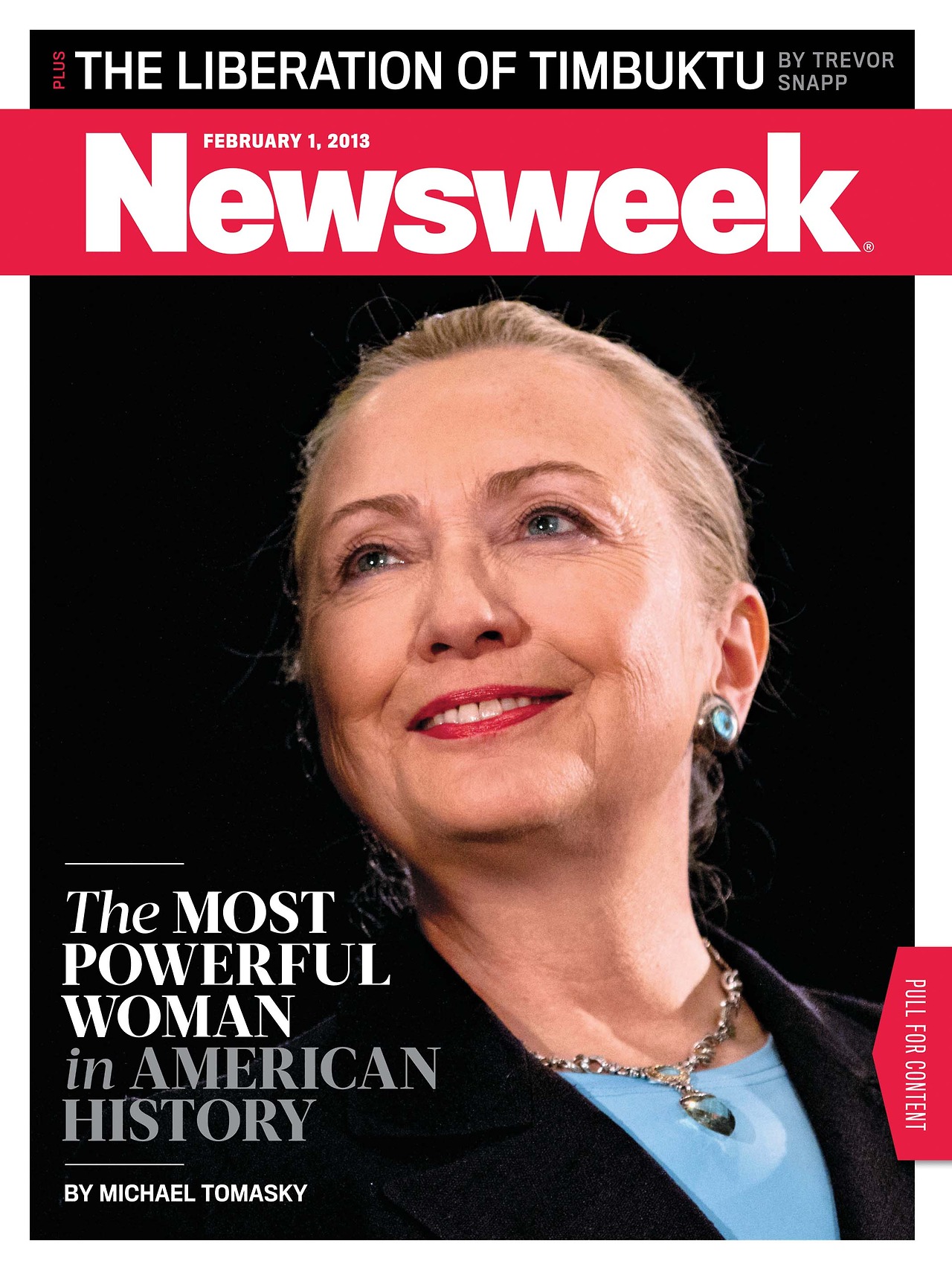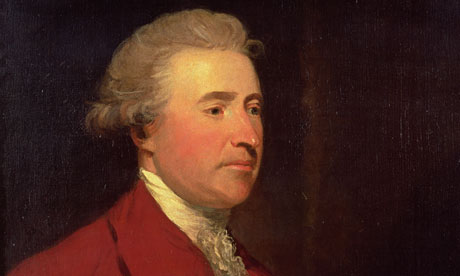While the Fourth Estate has evolved greatly over the past two hundred years, now its changing as if powered by steroids and rocket engines.
Who can keep up?
Newspapers are stopping their presses. Magazines, such as Newsweek, are going strictly to online formats. Television news is losing audience share.
Meet the Press? We’d love to. But who is the press today? Do bloggers count? And what ever happened to reporter objectivity? When was the last time you didn’t hear a news reporter provide their opinion?
This month, the Collaborative Services blog is exploring the changes in the Fourth Estate and what it means to all of us who rely on a free and strong press.
The Fourth Estate has two primary roles. It acts as a watchdog, rooting out political corruption and incompetence; unsavory, unethical and illegal business tactics; and any other acts against the health and well-being of our society.
It is also used to help spread important, daily messages that impact our lives both locally and globally: Everything from road closures, to holiday post office hours, to weather reports, to an outbreak of a powerful flu virus, to births, anniversaries and memorials, to who won Friday night’s football game.
The title, “Fourth Estate,” was coined by British politician Edmund Burke, who famously pointed to the reporters’ gallery and proclaimed that they were “more important” than the three British branches of government.
At that time, in 1787, newspapers ruled. And, for certain, the Fourth Estate changed significantly with the advent of radio and television. But even with those technological changes, the Fourth Estate in our country remained rather contained: It was dominated by a handful of prestigious newspapers, several national magazines and three major television networks.
Some of those working in the Fourth Estate reached rock star status, their reporting heralded because of its depth of facts and objectivity. Legendary CBS News anchor Walter Cronkite was once considered the “most trusted man in America.” If he said it, it was true, “And that’s the way it is.”
Now? Can you name the CBS news anchor? Even if you can’t, do you suspect a point of view instilled in their delivery of “the news.”
But with the creation of cable TV and then the Internet, the Fourth Estate has gone through radical change. There are now 24-hour-a-day news channels and a countless number of websites and blogs devoted to news, politics and opinions. Through a Twitter account, you can get links to all of them, allowing you instant, up-to-the-minute access to whatever is of your interest.
While the added competition allows for many fresh and diverse voices, it has also upset the financial model upon which many traditional media outlets relied. That is advertising revenue. The migration of that money to the Internet has particularly hurt newspapers, forcing them to cut staffs considerably. Smaller staffs mean less coverage. And that means the watchdog has fewer teeth.
Naturally, this has concerned many.
But the smaller staffs and fracturing of the media also mean it’s much more difficult for a government agency or business to reach as large an audience as before when it comes to using the Fourth Estate to deliver information to you, the reader – citizen, community member, customer. If you are a leader and have a major announcement to make, will you hold a press conference, or tweet it? What comes first? Will the press show if there isn’t buzz in the social media world about the topic, or will the buzz about the topic kill the press’ interest? Has the moment been lost? Reporters are pressed for time. The publications are smaller and don’t have as much room for the words we read – the copy.
This month we will talk to experts about this transition and how it is changing both journalism and messaging. Where has the 4th Estate gone and where might it be in the future? We hope to provide insight, humor and advice on how to be a wise consumer for what the Fourth Estate is becoming.
Collaborative Services Blog Team






Recent Comments